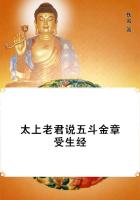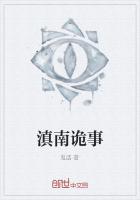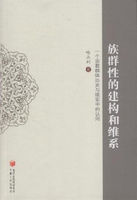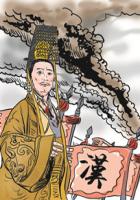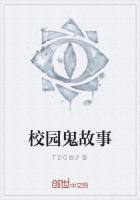Fetyukovitch went on making the most of every opportunity, and amazed people more and more by his minute knowledge of the case.Thus, for example, Trifon Borissovitch made a great impression, of course, very prejudicial to Mitya.He calculated almost on his fingers that on his first visit to Mokroe, Mitya must have spent three thousand roubles, "or very little less.Just think what he squandered on those gypsy girls alone! And as for our lousy peasants, it wasn't a case of flinging half a rouble in the street, he made them presents of twenty-five roubles each, at least, he didn't give them less.And what a lot of money was simply stolen from him! And if anyone did steal, he did not leave a receipt.How could one catch the thief when he was flinging his money away all the time? Our peasants are robbers, you know; they have no care for their souls.And the way he went on with the girls, our village girls! They're completely set up since then, I tell you, they used to be poor." He recalled, in fact, every item of expense and added it all up.So the theory that only fifteen hundred had been spent and the rest had been put aside in a little bag seemed inconceivable.
"I saw three thousand as clear as a penny in his hands, I saw it with my own eyes; I should think I ought to know how to reckon money,"cried Trifon Borissovitch, doing his best to satisfy "his betters."When Fetyukovitch had to cross-examine him, he scarcely tried to refute his evidence, but began asking him about an incident at the first carousal at Mokroe, a month before the arrest, when Timofey and another peasant called Akim had picked up on the floor in the passage a hundred roubles dropped by Mitya when he was drunk, and had given them to Trifon Borissovitch and received a rouble each from him for doing so."Well," asked the lawyer," did you give that hundred roubles back to Mr.Karamazov?" Trifon Borissovitch shuffled in vain....He was obliged, after the peasants had been examined, to admit the finding of the hundred roubles, only adding that he had religiously returned it all to Dmitri Fyodorovitch "in perfect honesty, and it's only because his honour was in liquor at the time, he wouldn't remember it." But, as he had denied the incident of the hundred roubles till the peasants had been called to prove it, his evidence as to returning the money to Mitya was naturally regarded with great suspicion.So one of the most dangerous witnesses brought forward by the prosecution was again discredited.
The same thing happened with the Poles.They took up an attitude of pride and independence; they vociferated loudly that they had both been in the service of the Crown, and that "Pan Mitya" had offered them three thousand "to buy their honour," and that they had seen a large sum of money in his hands.Pan Mussyalovitch introduced a terrible number of Polish words into his sentences, and seeing that this only increased his consequence in the eyes of the President and the prosecutor, grew more and more pompous, and ended by talking in Polish altogether.But Fetyukovitch caught them, too, in his snares.
Trifon Borissovitch, recalled, was forced, in spite of his evasions, to admit that Pan Vrublevsky had substituted another pack of cards for the one he had provided, and that Pan Mussyalovitch had cheated during the game.Kalgonov confirmed this, and both the Poles left the witness-box with damaged reputations, amidst laughter from the public.
Then exactly the same thing happened with almost all the most dangerous witnesses.Fetyukovitch succeeded in casting a slur on all of them, and dismissing them with a certain derision.The lawyers and experts were lost in admiration, and were only at a loss to understand what good purpose could be served by it, for all, I repeat, felt that the case for the prosecution could not be refuted, but was growing more and more tragically overwhelming.But from the confidence of the "great magician" they saw that he was serene, and they waited, feeling that "such a man" had not come from Petersburg for nothing, and that he was not a man to return unsuccessful.
Chapter 3
The Medical Experts and a Pound of NutsTHE evidence of the medical experts, too, was of little use to the prisoner.And it appeared later that Fetyukovitch had not reckoned much upon it.The medical line of defence had only been taken up through the insistence of Katerina Ivanovna, who had sent for a celebrated doctor from Moscow on purpose.The case for the defence could, of course, lose nothing by it and might, with luck, gain something from it.There was, however, an element of comedy about it, through the difference of opinion of the doctors.The medical experts were the famous doctor from Moscow, our doctor, Herzenstube, and the young doctor, Varvinsky.The two latter appeared also as witnesses for the prosecution.



